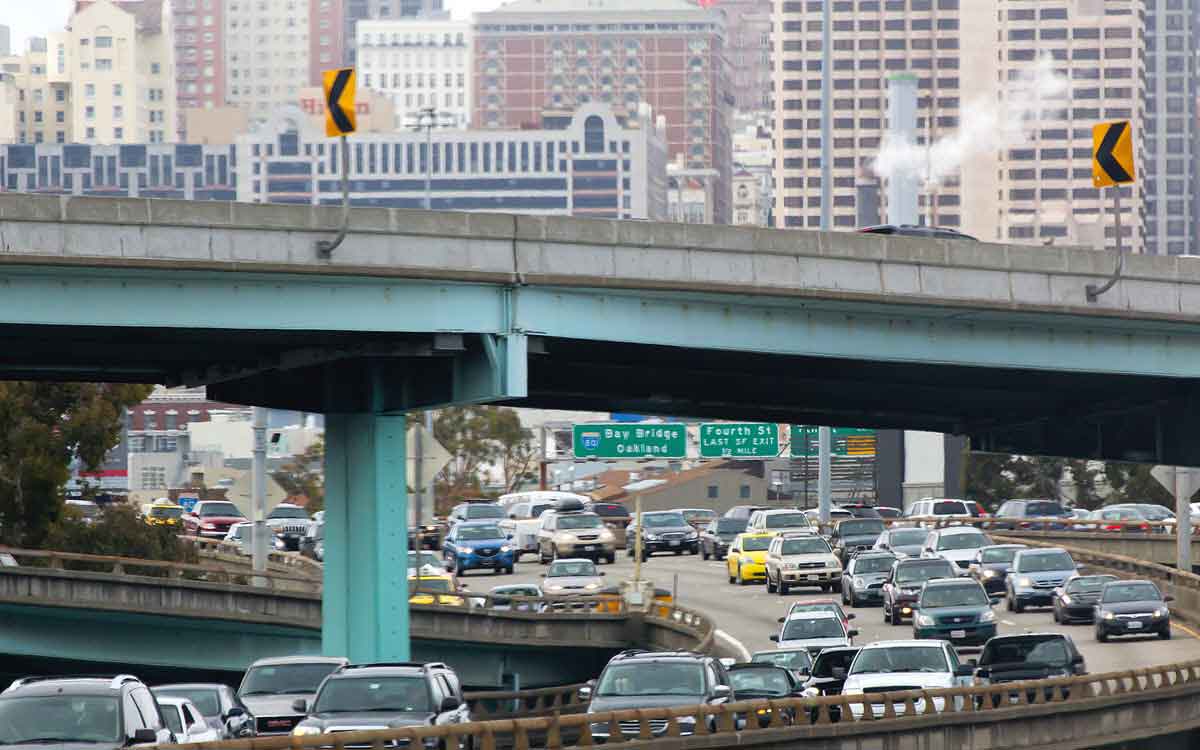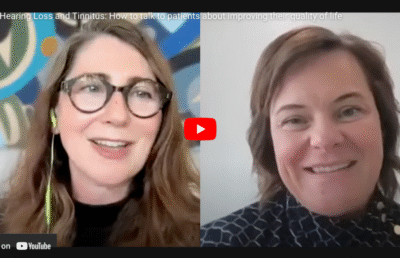Modern society has made everyday life much more convenient than it was even just a few decades ago. We are all reaping the benefits of technological advancement, but it does come with a few downsides. One of these downsides is noise pollution, which, like the light pollution that doesn’t let us see the stars in the night sky, has permeated nearly every aspect of our lives.
For years now, signs have pointed to the fact that that noise pollution may be more than just a mild annoyance. Living in a climate of constant low-level noise interjected by occasional loud noises is likely affecting our hearing health and our overall health. We’re happy researchers are finally beginning to study the effects of this and that people are finally becoming aware of it.
Over the next few years, 60% of the world’s entire population will be living in cities (up from 55% right now). These major urban centers typically have levels of background noise that can be as loud as 55-67db. Now, if you know anything about hearing loss, you might say, “OK, but hearing damage doesn’t occur until 85 dB”. That’s true, but you have to think about the fact that urban noise is constant.
We actually know very little about what that level of kind-of-loud-but-not-loud-enough-to-cause-damage noise we’re constantly being exposed to is doing to our ears, and bodies too. For example, studies have shown that nighttime noise over 65 decibels can trigger dramatic increases in blood pressure. Other studies have shown that low-level background noise can trigger stress hormones to be released. The worst part? Our ears get used to that noise, so a lot of the time we’re not even conscious that it’s happening, but it may still be affecting our health.
Aside from these effects on our general health, we have to ask ourselves that these noise levels are doing to our hearing. One 2007 study of 200,000 hearing tests found that urban dwellers had statistically higher levels of hearing loss than their rural counterparts, on average having the hearing health of a person 10 to 20 years older than them.
One of the most clear culprits is noise from passing trains — depending on how close you are to the train tracks, this level of noise typically exceeds 85dB and can actually cause hearing loss, particularly when it happens frequently throughout the day.
Even the World Health Organization has chimed in about the many health effects that background noise can have on people.
The unfortunate thing is that there’s not much we can do about this. Hearing protection all day long is not a viable solution for most people. Those who live in an urban environment simply have to deal with the noise levels. And, unfortunately, what we currently know about hearing damage is that once it takes place, there’s nothing that can be done to reverse it.
If you think that the daily levels of noise you’re exposed to may be affecting your hearing, please contact us to set up an appointment for a hearing test.
Dr. Marie Vetter-Toalson Au.D. is the owner of Chicago Hearing Services and a Doctor of Audiology dedicated to empowering her patients and the public with greater knowledge and education around hearing health.





